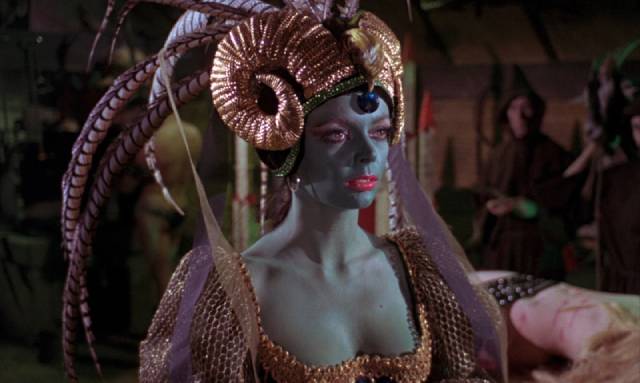
A quick survey of four dozen disks watched over the summer months.
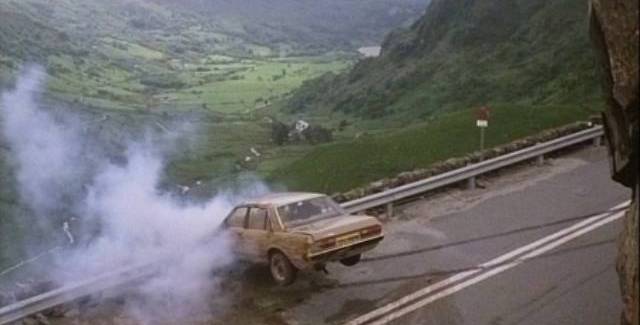
Two recent BFI Flipside releases unearth an odd assortment of movies from the fringes – the standalone feature The Appointment (Lindsey C. Vickers, 1981) and volume 2 of the Short Sharp Shocks anthology series which includes the allegorical horror of Ian F.H. Lloyd’s The Face of Darkness (1976), a mix of crime and ghosts in John Gillings Escape from Broadmoor (1948), horror as feminist thesis in The Mark of Lilith (1986), the proto-music video Jack the Ripper with Screaming Lord Sutch (1963), a couple of unsettling PSAs and other ephemera.
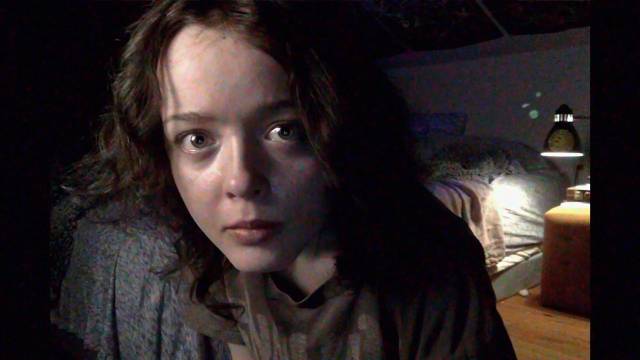
In addition to their own regular schedule of releases, Vinegar Syndrome serves as an umbrella for an eclectic (and seemingly ever-growing) collection of small labels, many of which specialize in titles so far out on the fringe that their appeal lies in their strangeness and sheer audacity — like Pathogen (2006), a zombie movie made by 12-year-old schoolgirl Emily Hagins, or Final Flesh (2009), an experiment in which copies of a script were sent to producers of on-demand fetish porn who were free to film Vernon Chatman’s absurd apocalyptic family drama however they saw fit. The latest batch I received includes these, plus a sordid made-in-Florida slice of exploitation called Satan’s Children (1975), the faux ’80s local TV broadcast WNUF Halloween Special (2013), and a pair of more polished movies closer to the mainstream: Out of Order (1984), a claustrophobic German thriller about four people trapped in an elevator, and We’re All Going to the World’s Fair (2021), about an isolated teenager seeking connection in a potentially dangerous on-line cult.
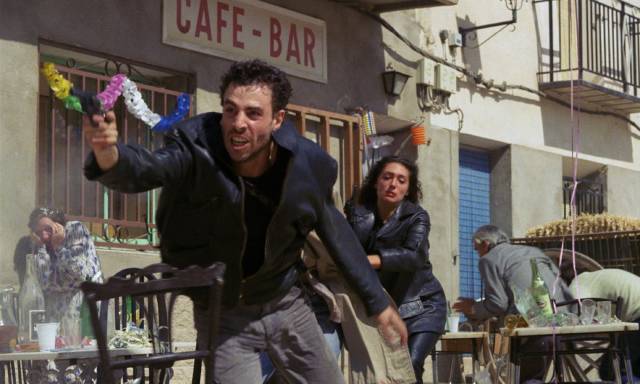
As usual, there’s no coherent pattern to what I spend my time watching. In the past few months, I given my overtaxed attention to quite a few movies from the ’70s and ’80s – British sex comedies and cop movies, Italian gialli, French and Spanish thrillers, Chinese martial arts movies and an Australian superhero musical – plus a pair of recent Korean action movies and two ultra-low-budget do-it-yourself movies from the ’90s.
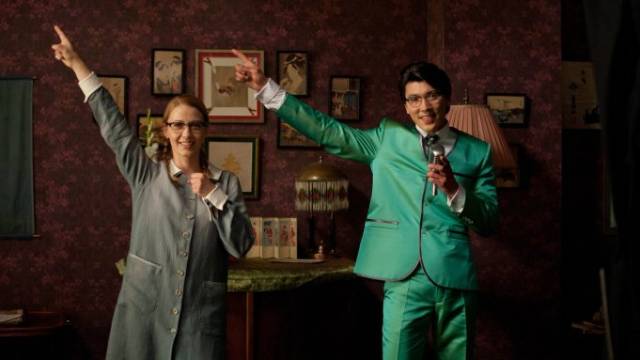
Cauldron Films casts a wide net with their recent releases: Contraband (1980), a violent thriller by Lucio Fulci, is joined by Eloy de la Iglesia’s homage to A Clockwork Orange, Murder in a Blue World (1973), Jordan Graham’s mysterious folk horror Sator (2019) and Karoly Ujj Meszaros wistful Hungarian fantasy Liza the Fox Fairy (2015).
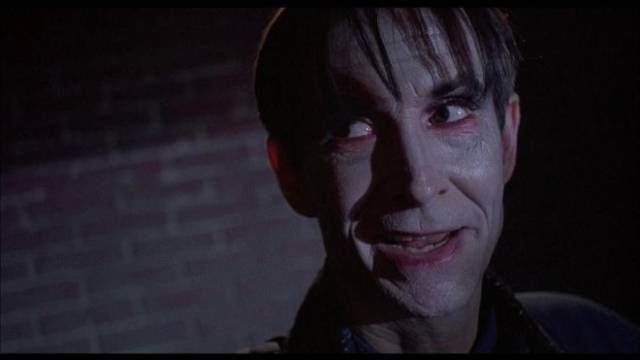
Two new Arrow releases – and one older one – plunge into sexual confusion, insecurity, violence and romantic longing: Robert Day’s TV movie The Initiation of Sarah (1977) riffs on themes from Stephen King’s Carrie; Gérard Kikoïne’s Edge of Sanity (1989) gives Anthony Perkins a chance to unleash his inner demons in a career-topping dual performance as Dr. Jekyll and Mr. Hyde; and Kathleen Turner is fearless as a businesswoman who moonlights as a prostitute inspires romantic passion in one man and murderous passion in another, the latter another ferocious, jittery performance from Anthony Perkins.
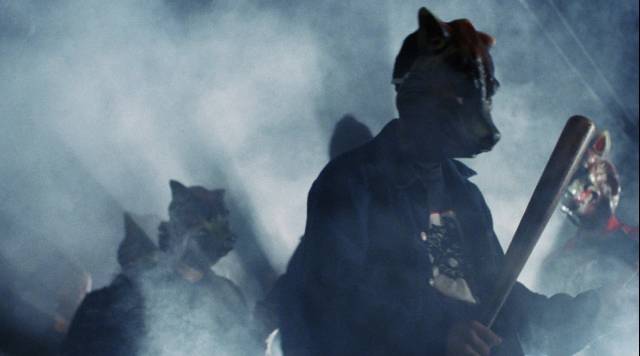
Spanish zombies, rural American zombies, a Korean serial killer, monsters and illicit mindbending drugs, a blood-fuelled car, small-town fascism, an eccentric family in retreat from the modern world, and a man with a truffle-hunting pig – there’s no pattern here in my recent movie-watching other than a restless search for the original and the entertaining.
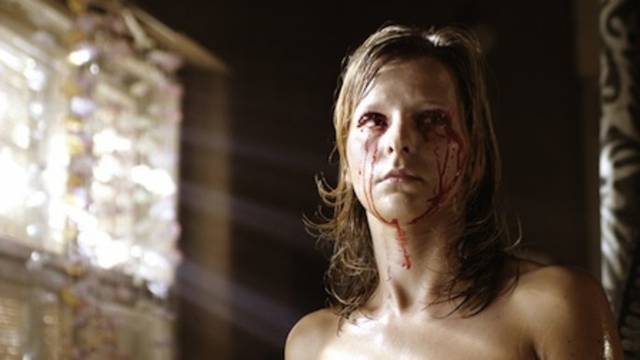
I had to overcome numerous unforeseen difficulties to see Tears of Kali (2004), the first feature by German director Andreas Marschall (Masks, 2011), a stylish and artful collection of three loosely connected horror stories linked to a dangerous cult; each story centres on a couple of characters caught in psychologically tense conflict with occasional eruptions of graphic physical violence.